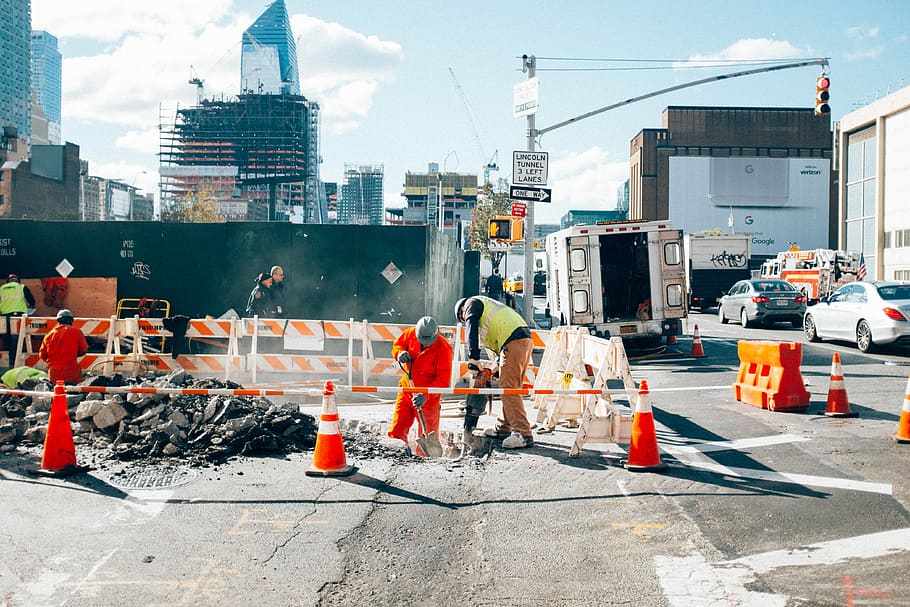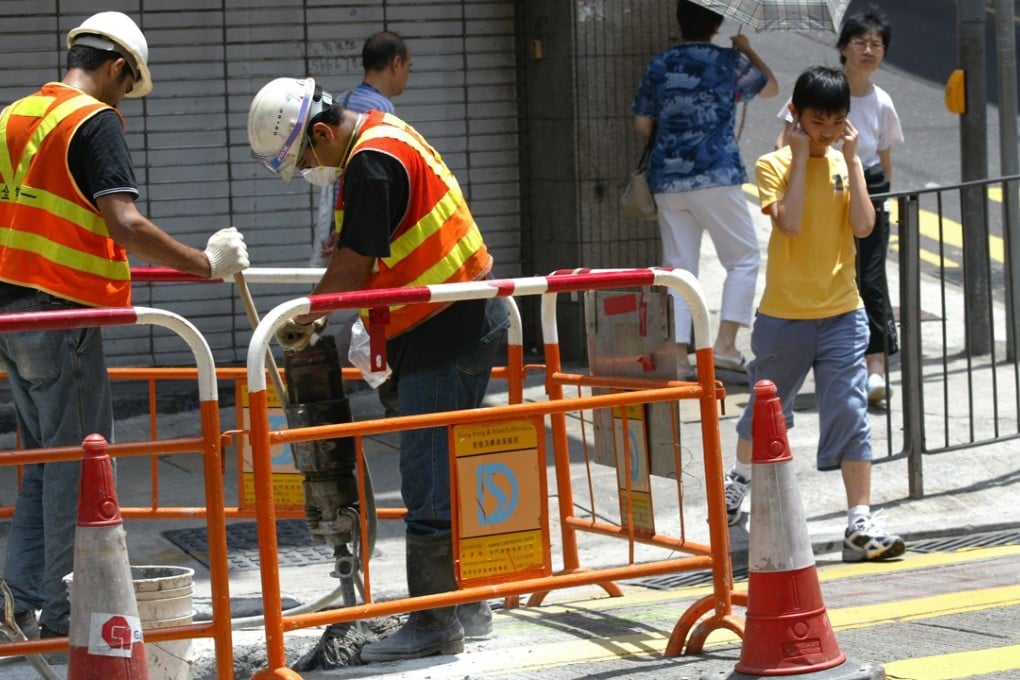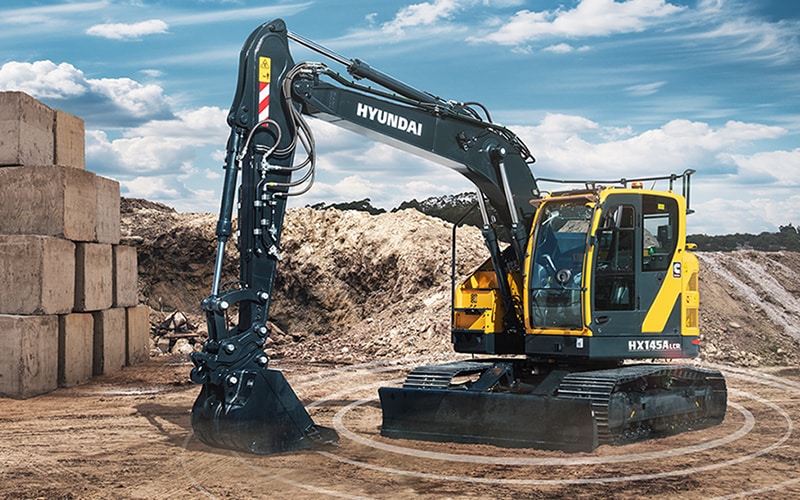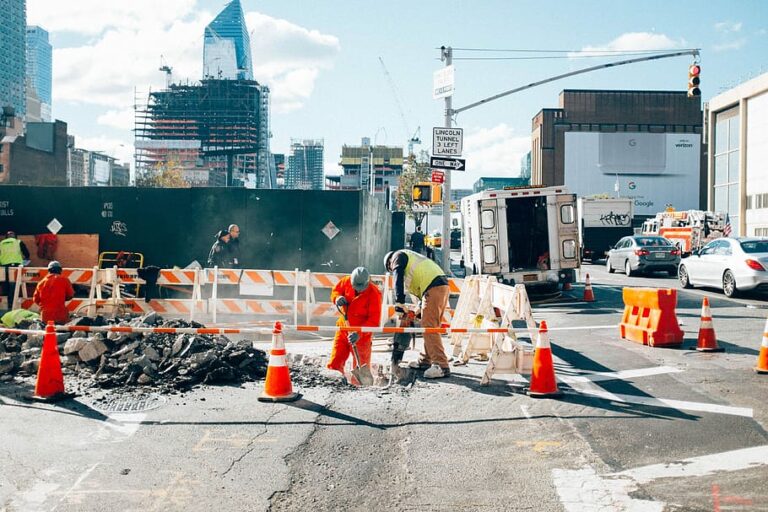
If you’ve ever managed a construction or renovation project in Singapore, you’ll know that keeping noise under control isn’t just about being considerate — it’s a legal requirement. The National Environment Agency (NEA) sets strict guidelines to make sure residential and commercial areas remain liveable, even when major works are taking place.
But what do these rules actually mean for contractors, builders, and developers? And how can you make sure your project doesn’t cross the line?
Let’s decode the essentials of NEA noise regulation residential and explore how commercial projects can stay compliant while keeping progress on track.
Why Noise Control Matters in Singapore
Singapore is a compact, high-density city where construction sites often sit right beside homes, schools, and offices. Without proper noise management, daily life would be unbearable for nearby residents.
That’s why the NEA noise regulation residential framework exists, to balance development with quality of life.
For contractors and developers, understanding these regulations isn’t optional. Failing to comply can lead to hefty fines, stop-work orders, or even damage to your company’s reputation.
The Basics of NEA Noise Regulation (Residential Areas)
Under the Environmental Protection and Management (Control of Noise at Construction Sites) Regulations, the NEA sets out specific noise limits depending on the type of area and the time of day.
Here’s a simplified overview:
- Daytime (7:00 a.m. – 7:00 p.m.): Higher noise levels are tolerated, but still capped to prevent excessive disturbance.
- Evening (7:00 p.m. – 10:00 p.m.): Stricter limits apply as residential activity increases.
- Night (10:00 p.m. – 7:00 a.m.): Construction noise must be kept to an absolute minimum, or work must stop entirely unless special permission is granted.
The allowed noise levels (measured in decibels) depend on proximity to residential buildings. Sites near housing estates, hospitals, and schools face the toughest restrictions.
Common Challenges for Commercial Projects
Even though these rules are designed with residential comfort in mind, commercial projects often feel the pressure too, especially when located near mixed-use developments.
Here are some of the biggest challenges construction teams face:
- Tight schedules: Urban projects operate on strict deadlines, leaving little room for restricted working hours.
- Proximity to residential blocks: Even a “commercial” site can fall under residential noise limits if it’s too close to housing areas.
- Heavy machinery: Excavators, piling rigs, and compressors easily exceed permitted decibel levels.
- Community complaints: Repeated noise complaints can trigger NEA inspections and potential stop-work orders.
So how can contractors keep projects moving while staying compliant? The answer lies in smart planning and effective noise control solutions.
How Projects Stay Within NEA Noise Limits
Keeping construction noise within NEA limits might sound tricky, but it’s completely doable with the right approach. From using proper noise barriers to planning work hours wisely, a few smart steps can help projects stay compliant and keep neighbours happy.
1. Using Noise Barriers and Acoustic Panels
Installing a noise barrier around the site is one of the most effective ways to reduce sound transmission. These barriers, often made from acoustic panels or sound-absorbing sheets, block noise from escaping, helping the site meet NEA noise regulation requirements even in residential zones.
They’re not just a temporary fix either. Many barriers are modular, reusable, and customisable to fit various site layouts, making them a cost-effective investment for contractors handling multiple urban projects.
2. Scheduling Work Strategically
Noise limits are stricter at night and on weekends, so planning noisy activities like piling, demolition, or heavy drilling during permitted hours is key.
Smart scheduling ensures productivity without breaching regulations. For example, noise-controlled finishing works or deliveries can take place in the evenings, while loud tasks are completed earlier in the day.
3. Monitoring Sound Levels in Real Time
Many sites now use sound level meters or smart monitoring systems to track decibel levels continuously. These tools alert site managers when noise approaches the NEA threshold, allowing immediate adjustments such as pausing machinery or adding extra noise barriers.
Having accurate noise data also helps defend the project against unfounded complaints, proving compliance with NEA guidelines.
4. Maintaining Equipment Properly
Old or poorly maintained machines are much louder than they should be. Regular maintenance, lubrication, and calibration can significantly reduce operational noise.
It’s a simple step, but one that goes a long way in keeping both neighbours and regulators happy.
5. Engaging the Community
Noise isn’t just a technical issue, but also a people issue. Proactive communication can prevent frustration and complaints.
Let nearby residents and businesses know about your work schedule, expected duration, and the steps you’re taking to minimise noise. A little transparency can go a long way in maintaining goodwill and avoiding unnecessary disputes.
The Role of NEA in Enforcement
The NEA takes noise complaints seriously. Inspectors may visit a site to verify noise levels and check for breaches of the regulations.
If a site is found exceeding limits, the agency can issue:
- Warnings for minor infractions
- Stop-work orders for ongoing non-compliance
- Fines or legal action for serious or repeated violations
This makes it crucial for every project manager to treat noise control as part of their compliance strategy, not an afterthought.
How the Right Partners Make a Difference
Staying compliant with NEA noise regulation standards isn’t just about having the right equipment — it’s about working with the right partners.
Suppliers that specialise in noise barrier systems can provide guidance on materials, installation techniques, and even on-site assessments. They help ensure the barrier’s design meets both acoustic and regulatory needs.
For commercial contractors juggling multiple projects, having a reliable partner means less time worrying about compliance and more time focusing on delivering quality work.
Beyond Compliance: Building a Better Reputation
Noise control is about professionalism. A contractor known for running clean and compliant sites will always stand out.
It improves client confidence, strengthens community relations, and demonstrates long-term commitment to sustainable urban development.
In cities like Singapore, where reputation matters as much as results, that’s a competitive edge worth having.
Final Thoughts
Navigating NEA noise regulation guidelines may seem complicated at first, but the right approach makes it manageable. With proper planning, sound barriers, and consistent monitoring, commercial projects can stay compliant without compromising productivity.
As Singapore continues to grow upwards and outwards, noise control will remain a vital part of responsible construction. After all, progress sounds best when it’s kept at the right volume.





